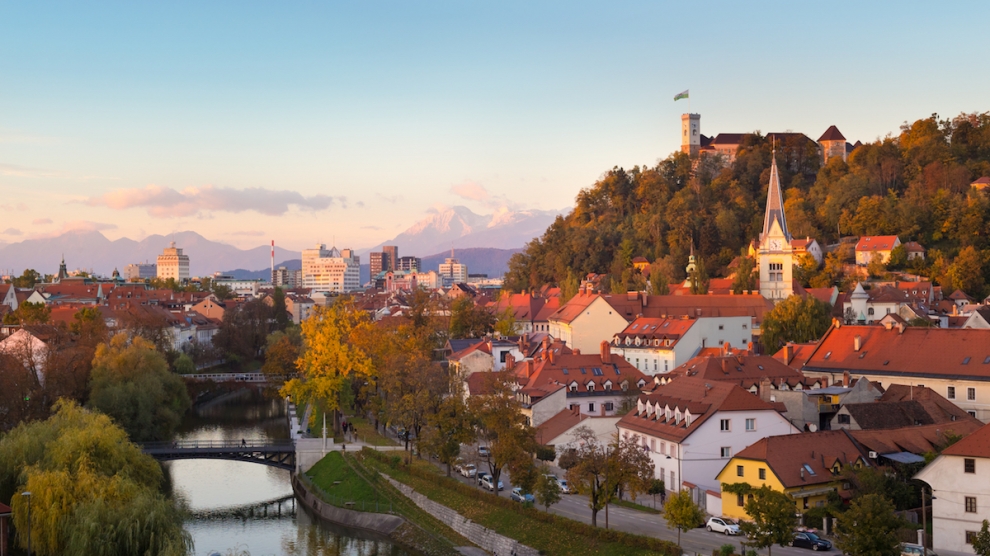Slovenia has scored the highest among the countries of emerging Europe in the latest edition of the Social Progress Index, an annual socio-economic ranking compiled by the Social Progress Imperative.
According to the US-based NGO, Slovenia was ranked 21st globally with 85.8 percentage points. Second in emerging Europe, the Czech Republic was ranked 24th among the 149 countries represented in the survey, with 84.36 percentage points, scoring the highest in terms of “basic human needs” in Central and Eastern Europe. Estonia came in third, ranked 25th globally with 83.96 percentage points.
In the region, the three are followed by Lithuania (ranked 32nd globally with 81.3 percentage points), Poland (ranked 33rd with 81.25 percentage points), Slovakia (ranked 35th with 80.43 percentage points) and Latvia (ranked 36th with 80.42 percentage points.
Croatia (38th globally; 79.21 percentage points), Hungary (39th; 78.77 percentage points) and Bulgaria (43rd; 76.17 percentage points) also made it to the region’s top ten.
Romania was ranked 45th globally with 74.8 percentage points, scoring the lowest among European Union member states, followed by Belarus (ranked 48th globally; 73.9 percentage points), Serbia (ranked 53rd; 71.59 percentage points), Albania (ranked 54th; 71.57 percentage points), Georgia (56th; 71.34 percentage points), Montenegro (58th; 71.16 percentage points), Armenia (59th; 71.14 percentage points).
At the bottom of the regional ranking are North Macedonia (67th; 68.92 percentage points), Moldova (70th; 67.58 percentage points) and Ukraine (80th; 66.97 percentage points).
Bosnia Herzegovina, Kosovo and Azerbaijan were not included in the survey.
The Social Progress Index measures country performance on the aspects of social and environmental performance, focusing on three key areas: basic human needs such as nutrition, basic medical care, water, sanitation and shelter, the foundations of well-being (environmental quality, health, wellness, access to information and communications) and opportunities including personal rights, personal freedom and access to education.

